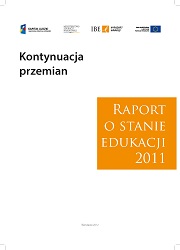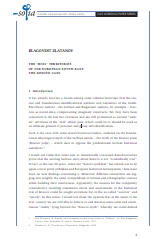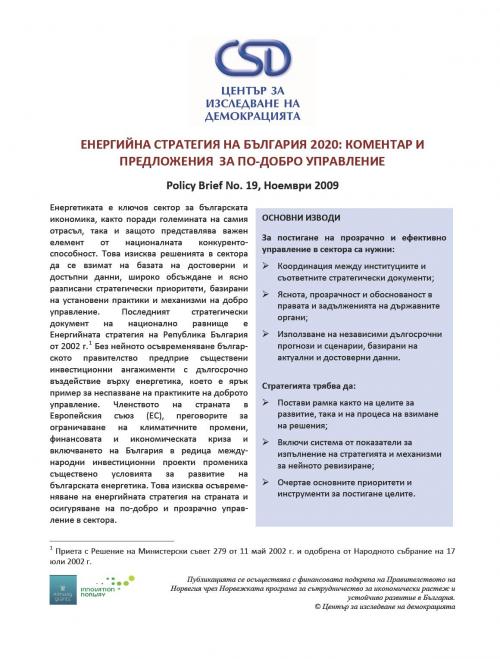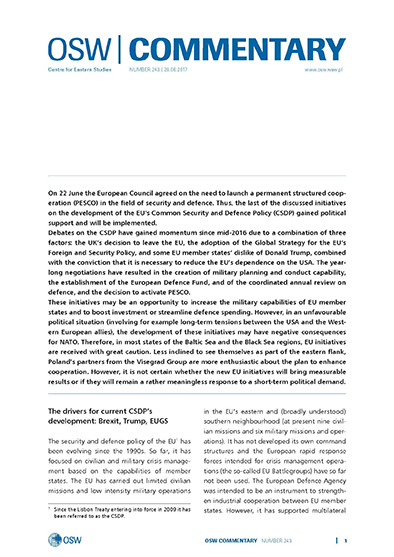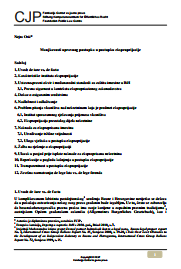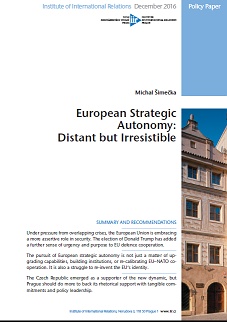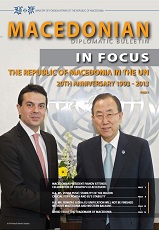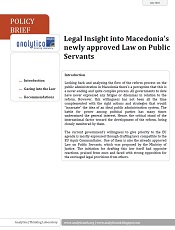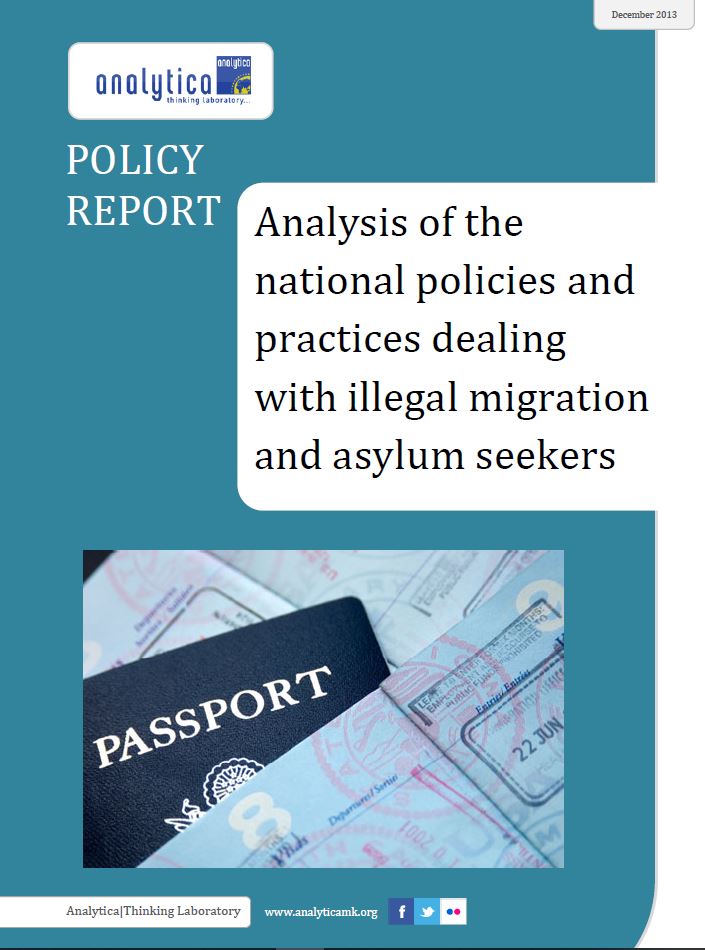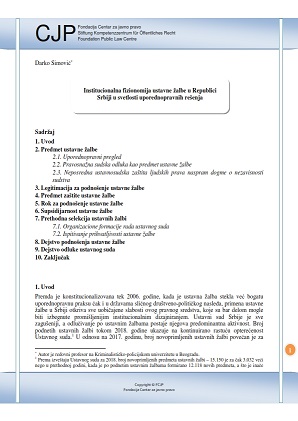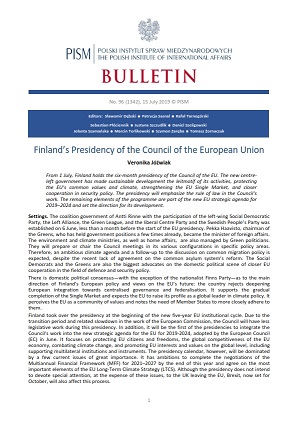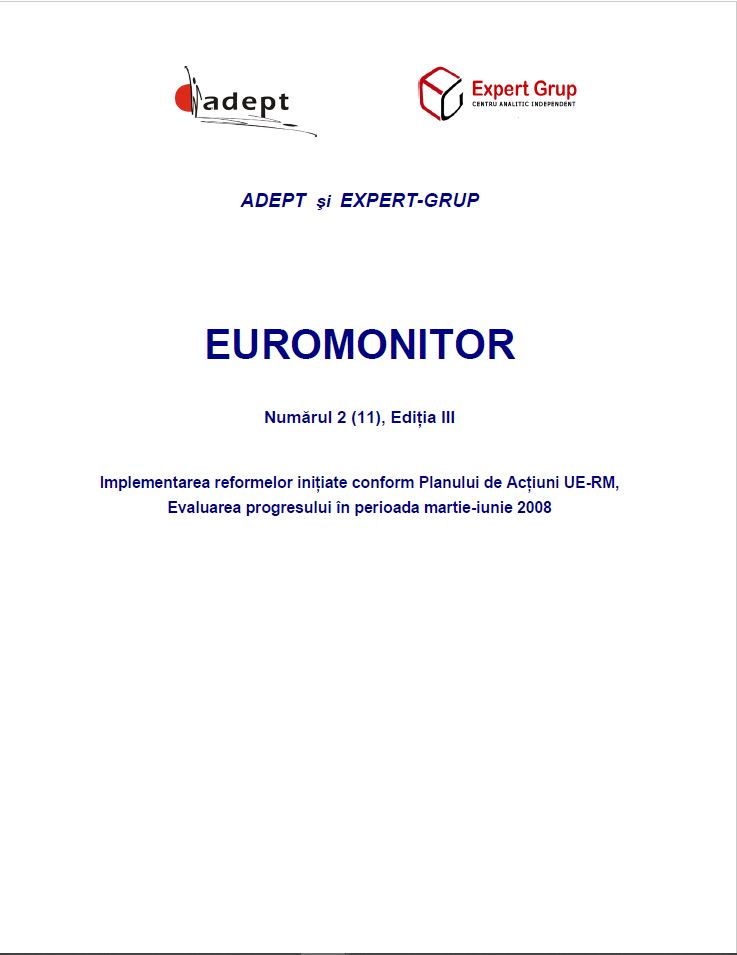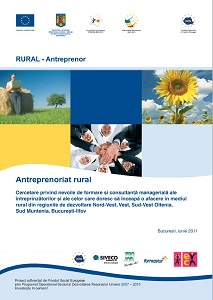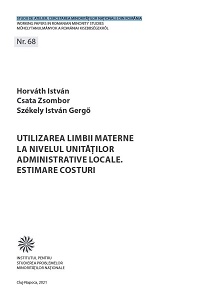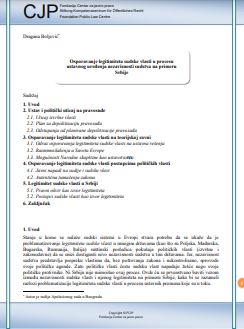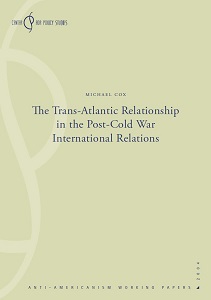Osporavanje legitimiteta sudske vlasti u procesu ustavnog uređenja nezavisnosti sudstva na primeru Srbije
Author(s): Dragana Boljević / Language(s): Serbian
Keywords: Serbia; judiciary; legitimacy; Constitutional regulation; independence of judiciary;
The general condition of judiciary systems across Europe creates the need to point out that the problematisation of the judiciary’s legitimacy is, in many countries (such as Poland, Hungary, Bulgaria, Romania, Italy), essentially the consequence of attempts made by political powers (executive and legislative) to reduce the achieved level of independence of the judiciary in those countries. This is due to the fact that the independent judiciary poses an obstacle for said powers to implement their political agendas without control or any respect for the law. Consequently, political authorities often attack the judiciary more fiercely than their own political opponents. This process did not pass Serbia by, either. The depoliticisation of the judiciary, which was proclaimed as a strategic goal in 2013, was the guiding idea of the Action Plan for Chapter 23, because of which even a change in the Constitution was planned. Over time, during the process of constitutional reform, different intentions of political authorities grew increasingly intense and more visible. The independence of the judiciary became a problematic concept to the political powers because it allegedly lacked legitimacy. Therefore, the strategic goal was deviated from in several ways. The deviation took its final form in the Draft of the Constitutional amendments, published on October 11th, 2018, and prepared by the Ministry of Justice. The Venice Commission of the Council of Europe – meaning the European Union itself, did not make any remarks on that particular Draft of the Constitutional amendments, unlike the other two expert bodies of the Council of Europe - the Consultative Council of European Judges and the Consultative Council of European Prosecutors. However, the disagreements within the Council of Europe, and the fact that on November 30, 2018. the Government submitted to the National Assembly a proposal to change specific articles of the Constitution relating to the judiciary, without substantive proposals for future constitutional solutions, enable, in fact, the National Assembly to be an authentic constitution-maker (if it decides to change the Constitution), to organise the broadest possible expert debate and to subsequently produce a quality constitutional text. The current constitutional changes have shed a light on a number of paradoxes. The politicians acknowledge that Serbia must be based on the division of power and the rule of law, but at the same time, they think that the legitimacy of all state powers is acquired through political elections, in which „the winner takes it all“. Politicians advocate for the improvement of standards in the judiciary in order to strengthen the rule of law and in the same breath, declare that the independence of the judiciary is a fetish. They accept that the judiciary must be independent and at the same time advocate the view that, with greater institutional guarantees of independence, the judiciary would have no legitimacy, and that its legitimacy would be provided by greater political control. Therefore, a precise, well-founded, and clear indication of the sources of legitimacy of the judiciary, which are fully in accordance with functional democratic societies and an inseparable part of the rule of law, is proving to be an urgent need in Serbia, as well. Despite such a social atmosphere, and in the given conditions of an unfinished institutional framework, it remains the duty of each judicial institution, and especially the courts and the High Judicial Council, as well as each judge individually, to prove the justification of the rule of law by their work and calling, thereby fortifying their own legitimacy, as well as the legitimacy of the judiciary as a whole.
More...
